Yusuf Khan
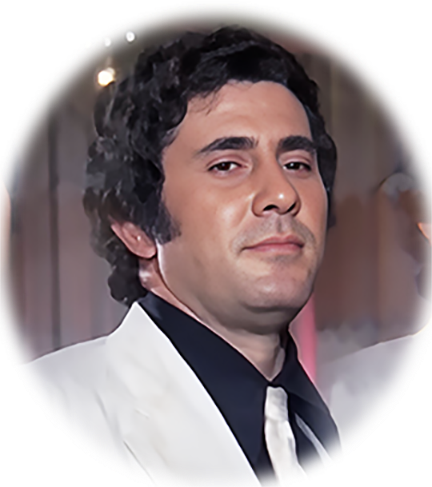
Subscribe to read full article
This section is for paid subscribers only. Our subscription is only $37/- for one full year.
You get unlimited access to all paid section and features on the website with this subscription.
Not ready for a full subscription?
You can access this article for $2 , and have it saved to your account for one year.
- Real Name: Yousuf Abousher
- Born: 01 May 1940 (Hyderabad)
- Died: 1985 (Hyderabad)
- Primary Cinema: Hindi
A commanding presence in Hindi cinema, Yusuf Khan known for his towering physique, intense screen presence, and striking portrayals of villains and henchmen. Though he began his career as a lead actor, he found lasting fame in negative roles, most notably as Zebisko in Amar Akbar Anthony (1977), cementing his legacy as one of Hindi cinema’s most memorable on-screen tough men.
Yusuf Khan, originally named Yousuf Abousher born on 1 May 1940, hailed from a family that traced its roots to either Egypt or Syria. His family moved to India where Yusuf grew up with his siblings and spent a part of his childhood in Hyderabad. He later moved to Bangalore and completed his schooling from Baldwin Boys High School, Bangalore. From a young age, he was captivated by the magic of cinema, and his heart was set on becoming an actor.
Driven by dreams of stardom, he arrived in Mumbai, ready to take on the world. With his attractive personality, good looks and impressive hyper-masculine physique, he was quickly noticed, but the road to success was far from easy. His break came in 1969 when he landed his first lead role in Kannada language film Kadina Rahasya (1969). He played the role of Tarzan in this film. This film was also dubbed simultaneously in Hindi and was released by the name of Jungle Ki Haseena (1969). After this film he tried his luck in more regional films in South, finding some success with Tamil language film Kalam Vellum (1970), where he portrayed a street fighter. Until now he was credited as Yashraj in these films however, with this film he shifted to using Yusuf Khan as a screen name.
He entered the annals of Hindi cinema in 1972 when he appeared in the cult comedy Bombay To Goa. He played John Ragada, a wrestler traveling to Goa for a tournament, alongside a then-struggling Amitabh Bachchan. The film became a hit, and audiences took notice of the muscular man with a fierce demeanor. It marked the beginning of a long association with Bachchan, as Yusuf went on to feature in some of his biggest blockbusters, including Parvarish (1977), Amar Akbar Anthony (1977), Don (1978), Muqaddar Ka Sikandar (1978), Naseeb (1981), Khud-Daar (1982), and Nastik (1983).
But it was his role in Amar Akbar Anthony that turned him into a household name. Legendary filmmaker Manmohan Desai cast him as Zebisko, the loyal bodyguard of Parveen Babi’s character. In one memorable scene, Zebisko confronts a drunken Amitabh Bachchan, leaving a lasting impression. The film was a colossal hit, and the name Zebisko became synonymous with Yusuf Khan. He was no longer just another character actor—he was rechristened as Zebisko.
Manmohan Desai was so impressed that he reprised the character in Naseeb (1981), another massive success. The name Zebisko stuck so firmly that Desai planned to bring him back once more in Mard (1985). Tragically, Yusuf Khan passed away before the shooting began, and the role was played by Manik Irani. In a heartfelt tribute, the character was still named Zebisko, preserving his legacy on screen.
Among his many memorable performances, Yusuf Khan shone in Muqaddar Ka Sikandar (1978) as Seth Paul, a cunning businessman and smuggler whose wealth and influence made him a formidable antagonist to Amitabh Bachchan's character. He brought an air of authority to the role, embodying a man whose power was both feared and respected. His performance contributed significantly to the film’s dramatic tension, solidifying his status as a reliable villain in Hindi cinema.
In Aap Ke Deewane (1980), he portrayed a character named Yusuf, whose antagonistic role added an element of conflict to the romantic narrative. His portrayal, though brief, was impactful and added to his growing reputation as a versatile supporting actor. He continued to captivate audiences in Disco Dancer (1982) as Vasco, a menacing henchman whose rugged appearance and brute force made him a significant hurdle in Mithun Chakraborty’s rise as a disco star. The fight sequences between Vasco and the protagonist were intense and contributed to the film's dramatic impact.
Yusuf’s ability to portray powerful henchmen was showcased once again in Kasam Paida Karne Wale Ki (1984), where he played a loyal strongman for the antagonist, played by Amrish Puri. His signature intensity ensured that his confrontations with Mithun Chakraborty were memorable, making him an indispensable part of the action scenes. Similarly, in Professor Pyarelal (1981), he played another brawny thug, bringing grit and authenticity to the crime drama. His fierce demeanor and commanding presence made him a standout performer even in smaller roles.
Between the mid-70s to early 80s, Yusuf worked with all the top heroes of that time – Chandi Sona (1977) with Sanjay Khan, Hum Kisi Se Kum Nahi (1977) with Rishi Kapoor, Vishwanath (1978) with Shatrughan Sinha, Des Pardes (1978) with Dev Anand, Karz (1980) with Rishi Kapoor, and Professor Pyarelal (1981) with Dharmendra. Besides his regular negative roles, Khan also appeared as positive characters, as seen in Vishwanath (1978) and Main Inteqaam Loonga (1982).
The Disco era of the 80s brought a new wave of cinema, with Mithun Chakraborty emerging as a dancing sensation and action hero. Yusuf adapted seamlessly, appearing in Mithun’s iconic films like Disco Dancer (1982), Ashanti (1982), Boxer (1984), and Kasam Paida Karne Wale Ki (1984). His ability to transition from the traditional villain to a henchman in disco-action films demonstrated his versatility and ensured his continued relevance in changing times.
Off-screen, Yusuf’s legacy continued through his son, Faraaz Khan who eventually made his debut in Fareb (1996) but could not replicate his father’s success. Later, he also featured in Rani Mukerji starrer Mehndi (1998). Yusuf also has a step-son, Fahmaan Khan, who has carved a niche for himself in Indian television.
Yusuf Khan’s journey in Hindi cinema was one of perseverance and transformation. From a struggling hero to one of the most memorable character actors, he left an indelible mark on Indian cinema. His imposing physique, fierce eyes, and powerful screen presence made him unforgettable. But above all, he will always be remembered as Zebisko—the larger-than-life figure who could send shivers down the spine with just one look.
Unfortunately, Yusuf Khan passed away in 1985 before he could reprise his iconic role in Mard, but his legacy lives on. Through his screen presence which appeared for few scenes only in various films, he still managed to capture the attention of the viewers thus, making a name for himself. He may have started as a struggler in Mumbai, but he became Zebisko—a name that echoes in the halls of Indian cinemas’ history.
He succumbed to a brain hemorrhage in 1985 in Hyderabad.
References
Image credit: https://www.youtube.com/watch?v=aO-F8JsXG2g
-
Filmography (24)
SortRole
-

Bhavani Junction 1985
-

Ghar Ek Mandir 1984
-
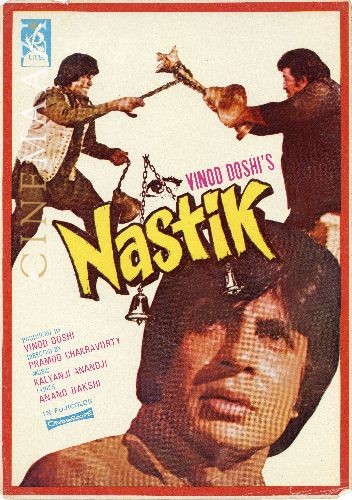
Nastik 1983
-
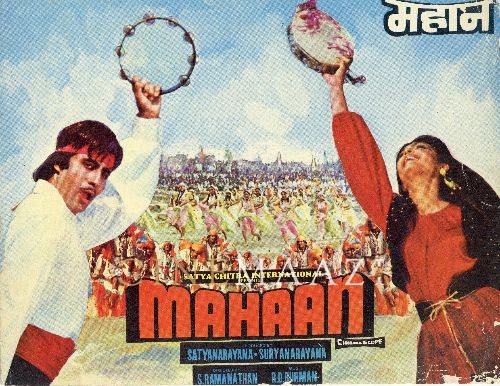
Mahaan 1983
-
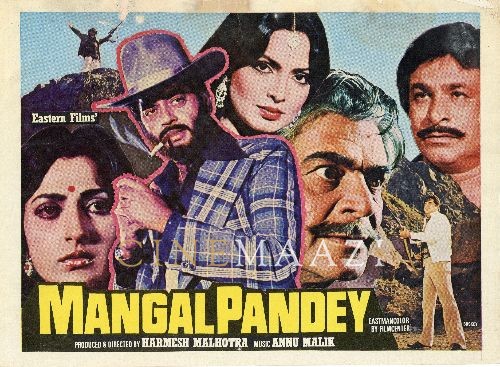
Mangal Pandey 1983
-
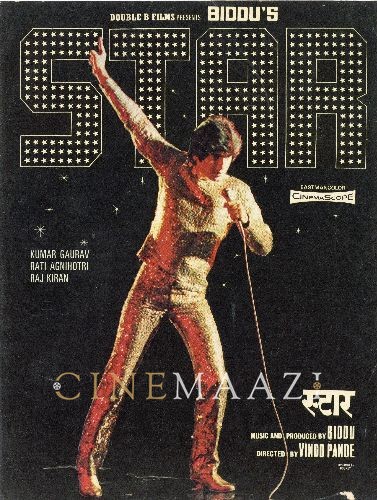
Star 1982
-

Main Intaquam Loonga 1982
-
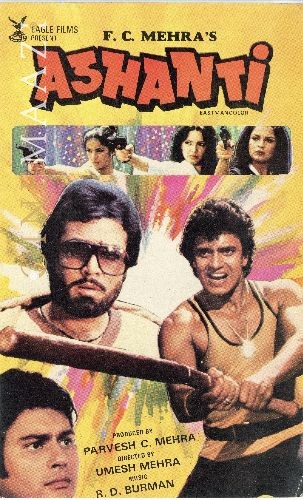
Ashanti 1982
-
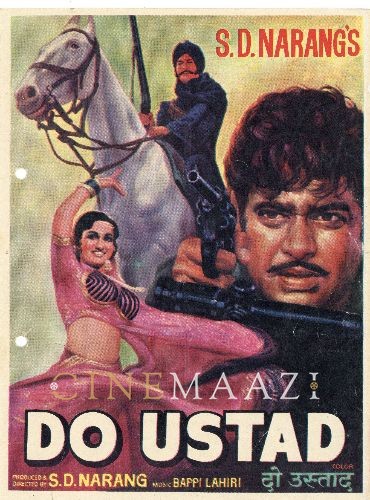
Do Ustad 1982
-

Farz Aur Kaanoon 1982
-
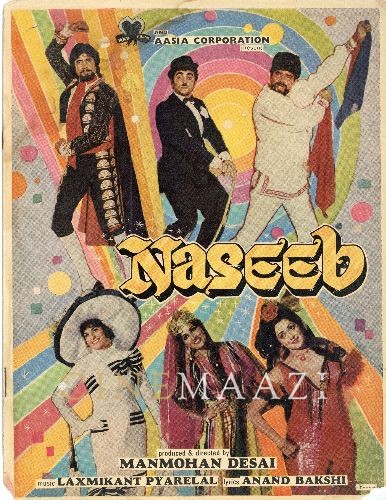
Naseeb 1981
-

Professor Pyarelal 1981
-






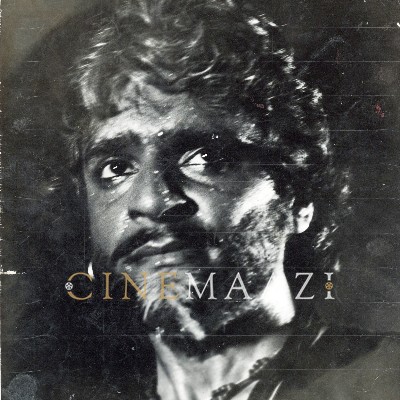

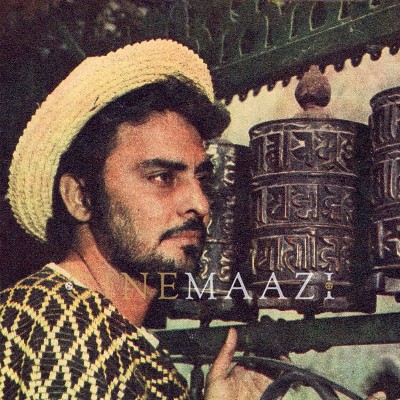

.jpg)



